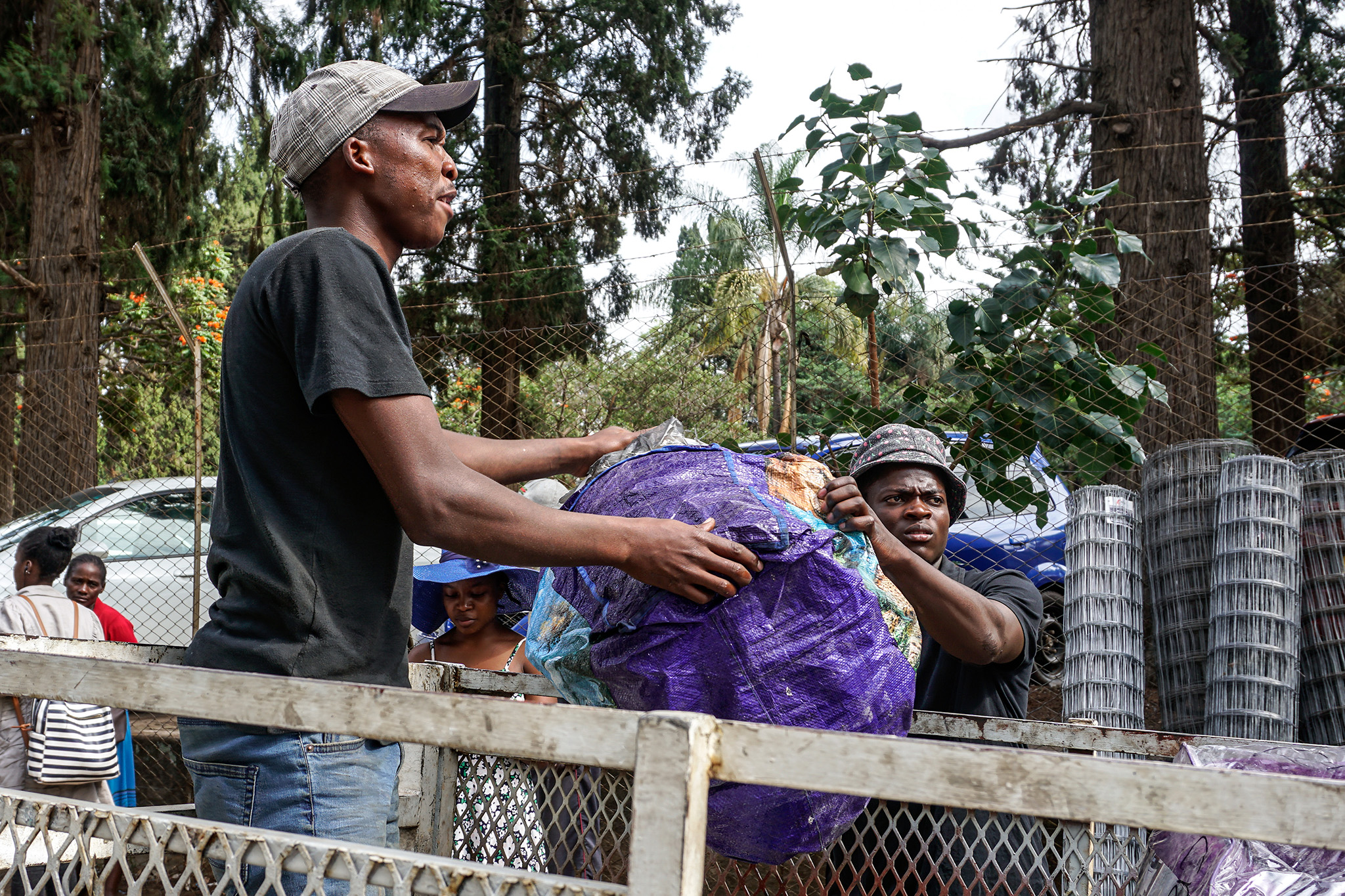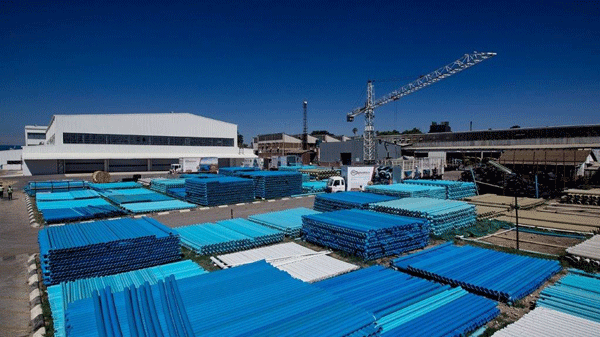Africa needs funding to reduce impact of climate change: Afreximbank
THE African Export-Import Bank (Afreximbank says Africa needs to commit substantial funding to mitigate the impact of climate change which it says presents a major challenge to the continent achieving Sustainable Development Goals.
Speaking at the Institute of Directors Zimbabwe (IoDZ) annual dinner held in Harare last week, Afreximbank regional chief operating officer Humphrey Nwugo said African countries required substantial funding to address climate mitigation and adaptation needs.
“It is evident that our planet has been getting hotter, which is leading to erratic weather patterns, and increasing both the severity and frequency of extreme weather events (such as floods, heat waves, and severe storms), for example the 2019 Cyclone Idai which affected Mozambique and Zimbabwe, the KwaNulu Natal floods of April 2022, etc,” Nwugo said.
“At present, 43% of the global population is exposed to climate hazards, and a quarter of the global population is exposed to severe hazards.”
Global temperatures are on track to increase by 2,7 degrees celsius in 2100, which will leave some parts of the globe uninhabitable, if action is not taken to meet the goals that are set by the Paris Agreement.”
Despite minimal contribution to global greenhouse gas emissions, African countries are highly vulnerable to the adverse effects of climate change and associated economic impacts.
“This vulnerability is exacerbated by existing developmental challenges,” Nwugo said.
He added that Afreximbank recognises the potential leadership role it can play in addressing the adverse impacts of climate change.
“As such, a climate finance strategy and roadmap has been developed to lay out the approach to be considered to grow its climate finance portfolio with a particular focus on the promotion of renewable energy and energy efficiency projects under the bank’s Industrial and Export Development pillar,” he said.
According to a study conducted by Standard Chartered Bank, emerging markets need to invest an additional US$94,8 trillion to transition to net zero in time to meet long-term global warming targets.
Transitioning to net zero means achieving a balance between the greenhouse gases put into the atmosphere and those taken out.
The African Development Bank revealed that the negative effects of climate change are already reducing Africa’s gross domestic product (GDP) by about 1,4% annually while the costs arising from adaptation to climate change are set to reach 3% of GDP annually by 2030.-newsday










